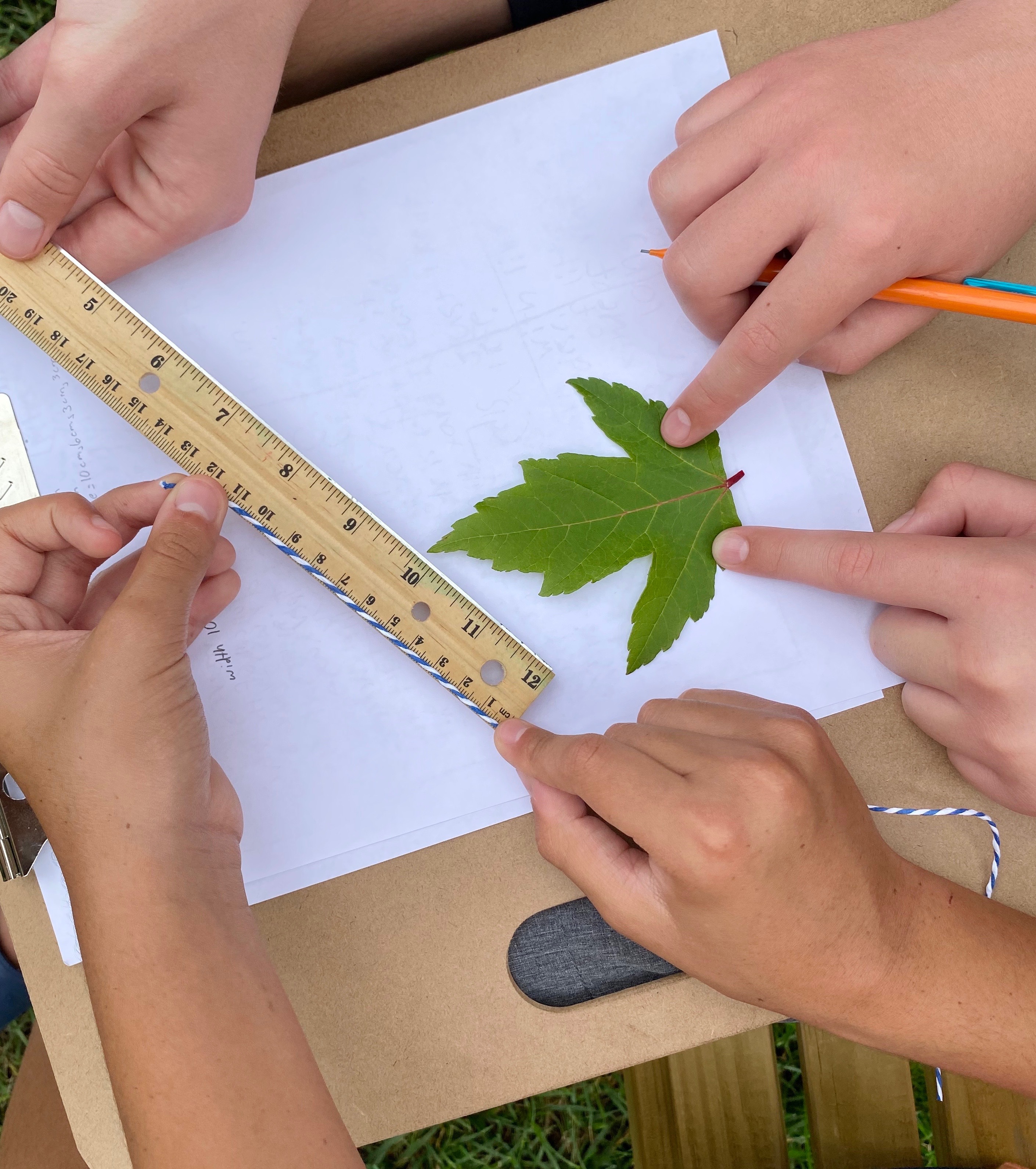This project is exploring how to productively coordinate instruction around data, statistics, modeling, and inference in middle grades mathematics and science classes to support students to develop competencies in statistical model-based inference. We are conducting design-based research to develop and study innovative tools that support students to generate knowledge about ecological systems by using models of variability to make inferences.

Data models of variability inform inferences within STEM communities across disciplines. Making inferences that are informed by models of variability is an increasingly important learning goal for both science and mathematics education. For STEM professionals, though, these inferences involve interdisciplinary networks of ideas and practices that emerge from local questions and problems. But institutional boundaries in schools separate mathematics and science disciplines in ways that undermine interdisciplinarity, and students are rarely supported to develop a coherent image of how ideas and practices from different disciplinary communities inform one another.
Our project aims to support middle grades students to create, revise, and use models of variability to make inferences about ecological systems. We are developing innovative curricular infrastructures to help mathematics and science teachers coordinate their instruction and support students to use interdisciplinary networks of ideas as they make inferences about organisms in local ecological systems. We are using a design-based research approach in partnership with middle grades math and science teachers to iteratively design, implement, and study these curricular infrastructures. This project is designed to generate new knowledge about how to conceptualize and support interdisciplinary learning goals related to making inferences with data.
We are learning about both the opportunities and the challenges for math and science teachers as they work to coordinate opportunities for students to make inferences with variable data. Some of these challenges are logistical. For example, science teachers often ask students to conduct investigations that produce forms of data they have yet to encounter in their math classes, and may not encounter for months or years. Other challenges, though, are conceptual as teachers across the different disciplines and grade levels often think differently about data, justifying claims, and supporting students. But there are also many opportunities that we have identified, such as common forms of data across disciplines, that we are now working to coordinate among the teachers at our partner school.